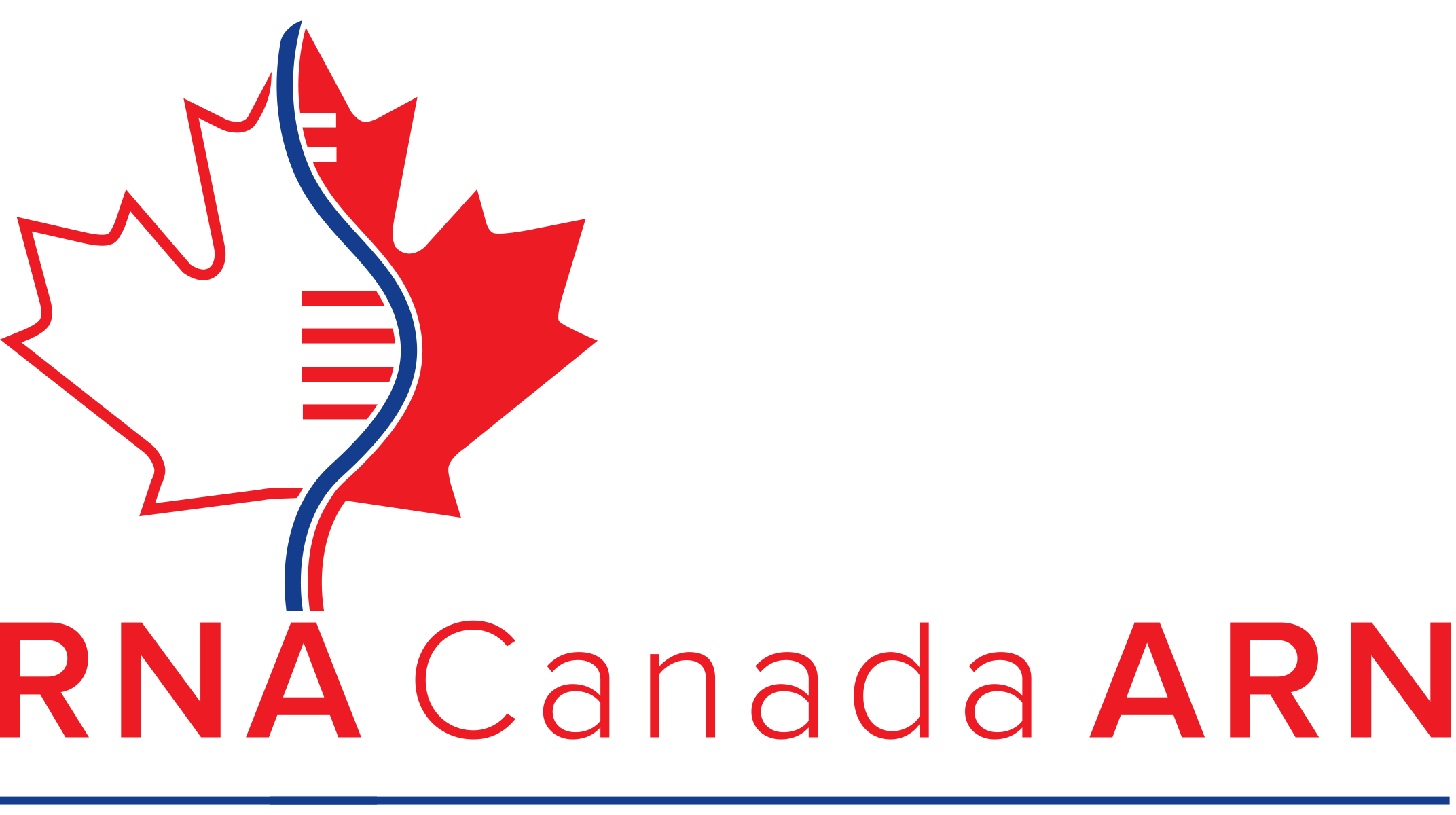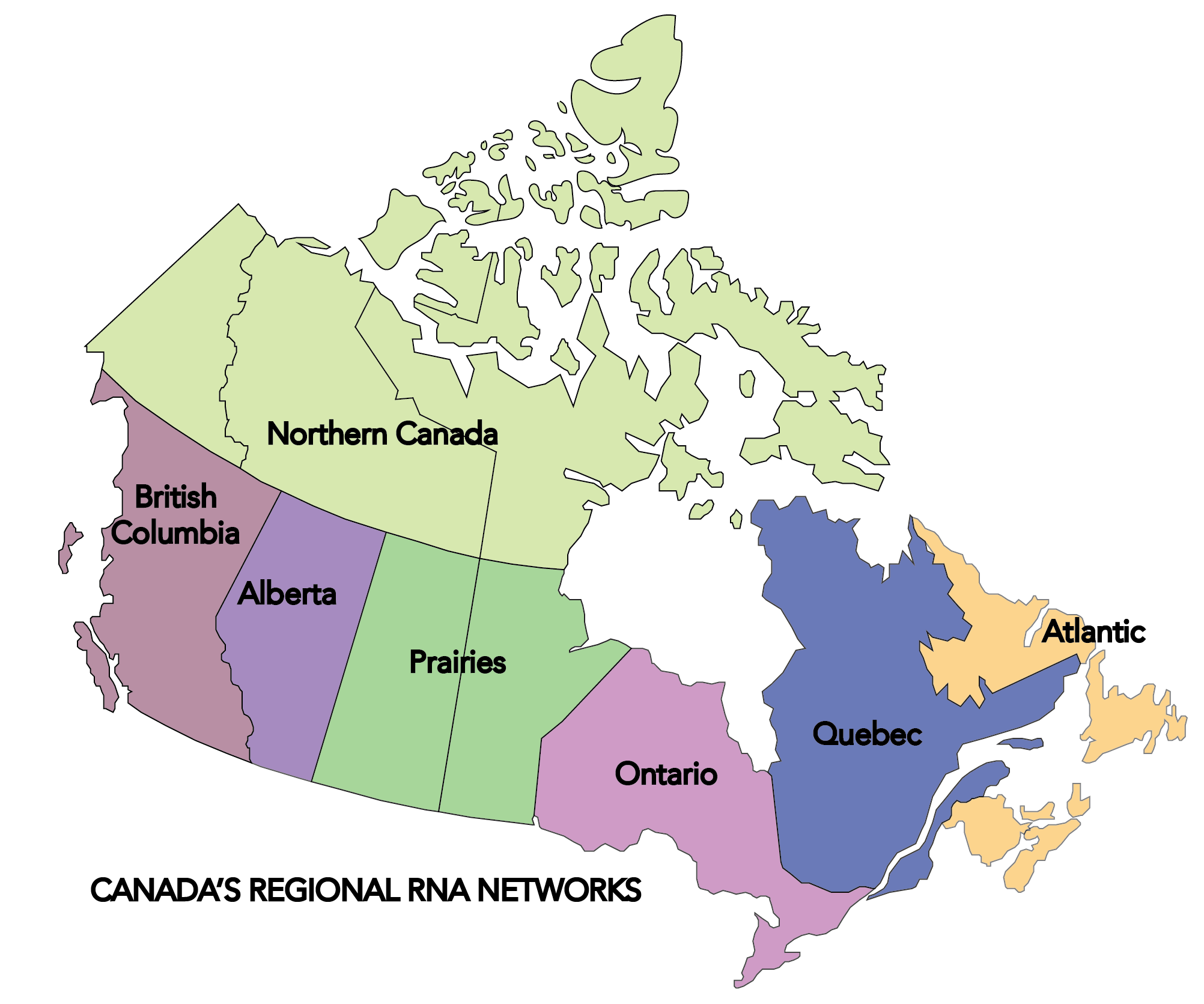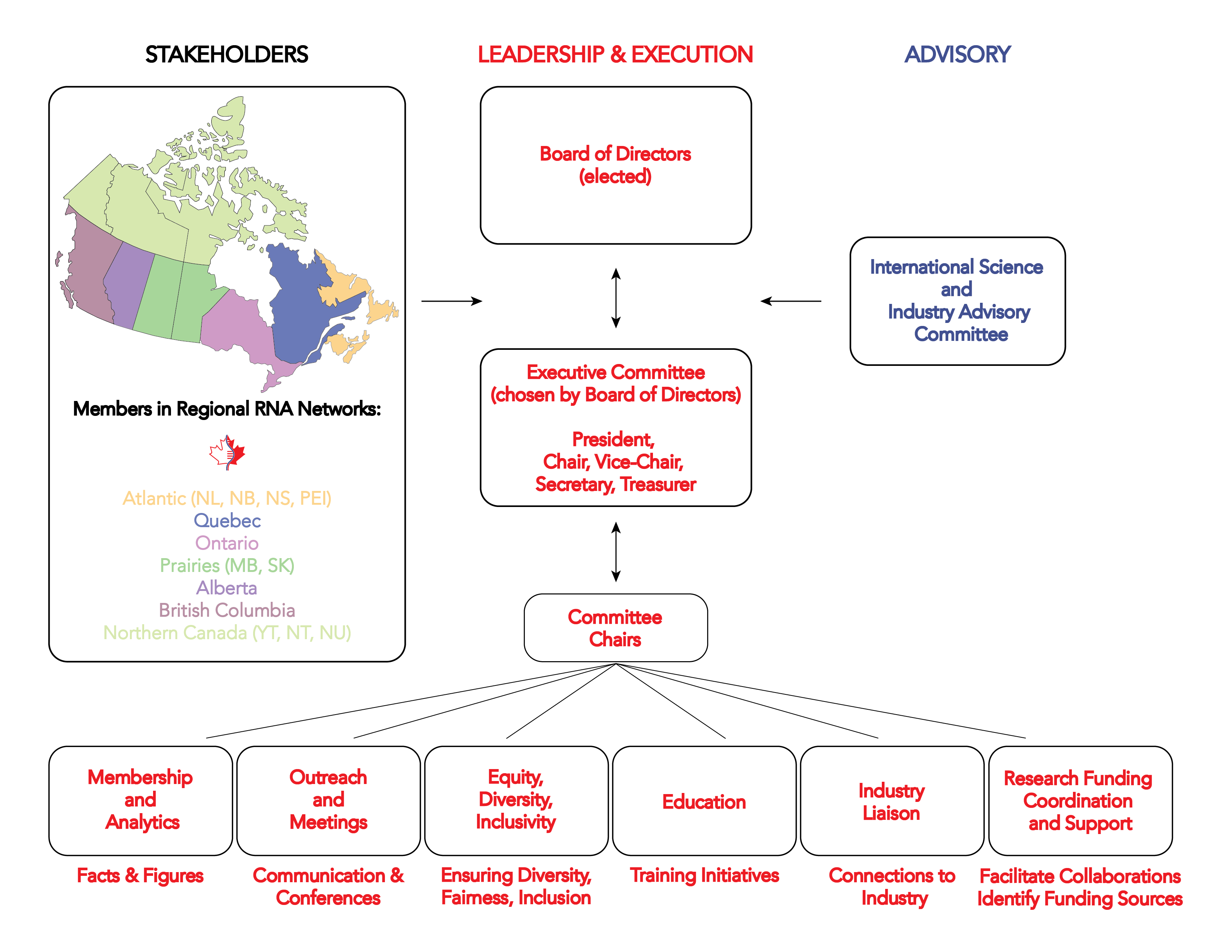Dr. Sherif Abou Elela is a professor in the Department of Microbiology and Infectious Disease (Infectiology) at the Universite de Sherbrooke. His lab’s research focuses on understanding the fundamental mechanisms controlling RNA synthesis and stability in eukaryotic cells (like humans) under normal conditions, as well as stress and disease states, like cancer. In recent years, his lab has demonstrated that RNA is a major source of cancer biomarkers and may predict tumour behaviour and drug resistance. Dr. Abou Elela has been a longstanding champion of the Canadian RNA Community, establishing the RiboClub seminar series and yearly conference nearly 25 years ago, and spearheading the formation of RNA Canada ARN in 2022. He has served as the director of the Sherbrooke Laboratory of Functional Genomics, the scientific director of Genome Quebec RNomics platform. Sherif is also the Canada Research Chair in RNA Biology and Cancer Genomics.
Dr. Howard Lipshitz is a Professor in the Department of Molecular Genetics at the University of Toronto. His lab’s research focuses on post-transcriptional regulation of gene expression by RNA-binding proteins. They use two model systems: early Drosophila embryos and human iPSCs, the latter to study RNA-binding proteins implicated in autism spectrum disorder. He has held academic leadership positions at the Hospital for Sick Children Research Institute (Associate Director, Program Head) and at the university (Chair, Department of Molecular Genetics). He is currently Editor in Chief of Genetics, the flagship journal of the Genetics Society of America, in which capacity he also serves on its Board of Directors. He previously served on the Board of Directors of the Society for Developmental Biology. Howard is a Fellow of the American Association for the Advancement of Science.
Dr. Sean McKenna is a Professor in the Department of Chemistry and Associate Dean (Programs) in the Faculty of Science at the University of Manitoba. His lab studies non-coding RNAs that function as scaffolds through which a network of mRNAs critical for tumour cell proliferation and migration are regulated, and on understanding the recognition of viral RNA by innate immunity enzymes. Dr. McKenna has participated in the RiboWest conference since 2009 and is the current organizer of the Manitoba RNA Salon. Dr. McKenna has served as a chair/scientific officer/member of CIHR Project Grant committees, an NSERC Discovery Grant evaluation group and an NSERC Scholarships & Fellowships Fellowships panel.
Dr. Julie Claycomb is a Professor in the Department of Molecular Genetics, at the University of Toronto. Her lab focuses on understanding small RNA-mediated gene regulation using the tiny worm C. elegans as a model system. Dr. Claycomb was the Canada Research Chair in Small RNA Biology from 2012-2022. Dr. Claycomb co-founded and co-organizes Toronto RNA Enthusiasts’ Day, and has led the Toronto RNA Club since 2016. She also serves as a member of the Board of Directors for the RNA Society, the Canadian Representative on the International C. elegans Board (WormBoard), and is an Associate Editor at the journal GENETICS.
Dr. Nehal Thakor is a professor in the Department of Biological Sciences at the University of Lethbridge. He is also affiliated with the Arnie Charbonneau Cancer Institute (Cumming School of Medicine, University of Calgary), Southern Alberta Genome Science Centre (SAGSC), and the Canadian Centre for Behavioural Neuroscience (CCBN). Dr. Thakor has a long-standing interest in studying the regulation of mRNA translation (protein synthesis). His current research is focused on understanding mechanisms of non-canonical translation initiation during cellular stress and oncogenesis. To this end, Dr. Thakor’s laboratory employs various cell biology, molecular biology, biochemistry, and pan-omics techniques. Dr. Thakor is actively involved in organizing RiboWest conferences and he spearheaded the establishment of RNA Alberta ARN within the province of Alberta.










